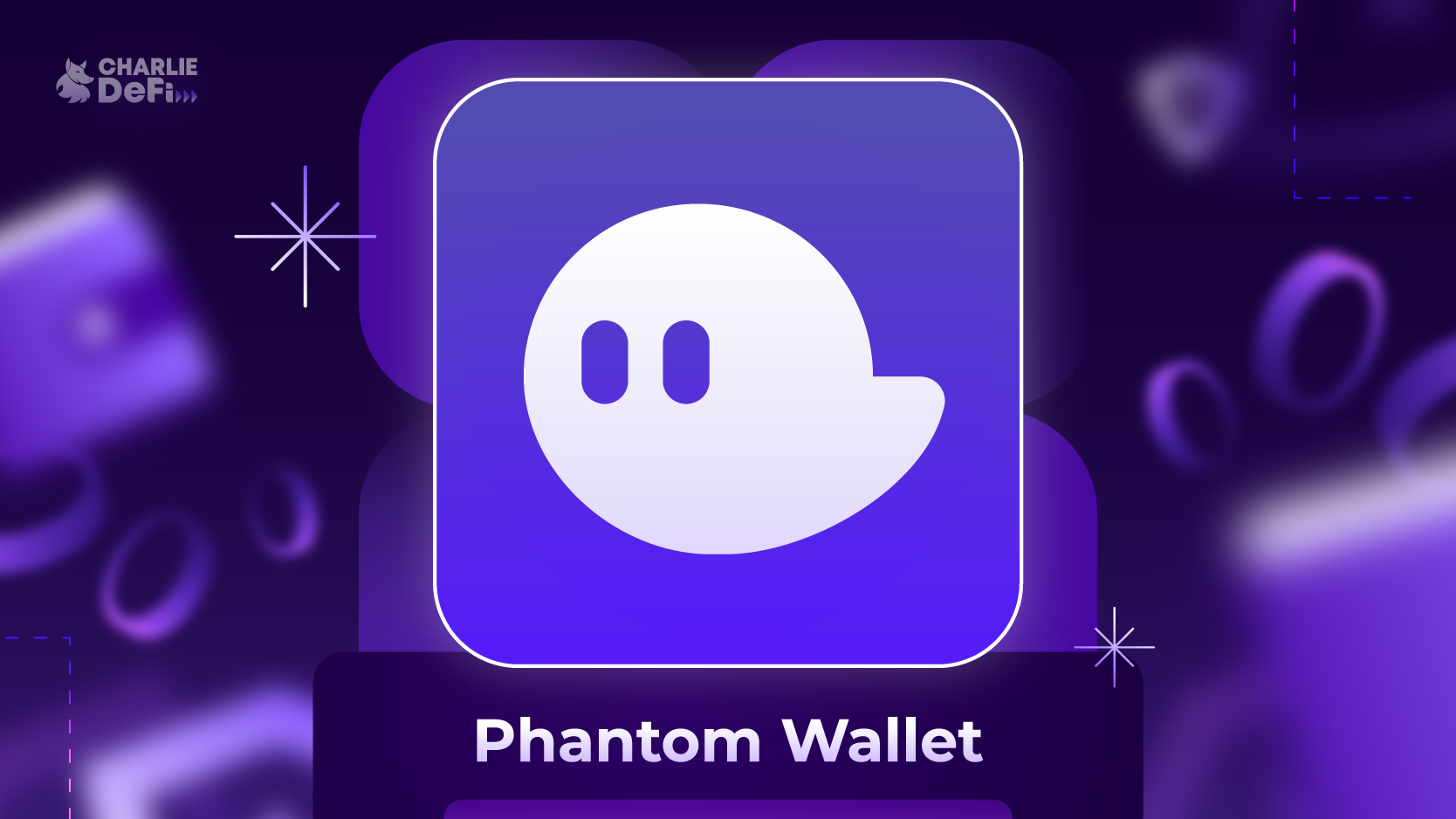So I was messing around with Solana recently, and wow, it’s way faster than I expected. Like, seriously, the speed difference compared to Ethereum kinda blew me away. My first instinct was skepticism—there’s always a catch, right? But nope, transactions zipped through in a blink. Here’s the thing: this rapid pace has opened the door for a whole ecosystem of decentralized apps (DApps) and NFTs that actually feel usable for everyday folks. Not just some tech demo or hype.
Now, I’m not saying Solana’s perfect. Far from it. But the way its DApps integrate with wallets like Phantom kind of makes the whole experience smooth enough that you almost forget you’re dealing with blockchain tech. Phantom wallet, in particular, feels like the missing puzzle piece for people wanting to dive into Solana’s world without getting stuck in confusing setups or security nightmares.
Really? Yeah, because most crypto wallets out there feel clunky or overly complicated. Phantom is different, and I think that’s why it’s gained so much traction among Solana users. It’s lightweight, easy to install as a browser extension, and—most importantly—gives you quick access to NFTs and DApps in one place. Something felt off about the usual crypto wallet experience, but Phantom nails that balance between usability and security.
Okay, so check this out—the NFT scene on Solana is buzzing like crazy. You’ve got projects dropping left and right, plus marketplaces that don’t kill you with fees or slow transactions. This low barrier to entry means artists and collectors alike can play around without sweating gas prices or network congestion. Honestly, that’s refreshing after watching Ethereum struggle with those exact problems for years.
On one hand, Ethereum’s network effect is huge, but actually interacting with NFTs or DApps there can be frustrating. Though actually, Solana’s ecosystem is catching up fast, especially with wallets like Phantom making everything accessible through a simple browser extension. That convenience factor is a big deal for regular users who just want to jump in without reading a 50-page manual.
But here’s a little quirk—while Phantom is great for all this, it’s not flawless. Sometimes, the wallet UI can lag or glitch, especially when networks are busy (which isn’t often, but still). I ran into this once or twice when switching between different DApps. It’s a minor annoyance, but it reminds me that even the slickest tools aren’t bulletproof.
Still, Phantom’s team has been solid at rolling out updates and fixing bugs quickly. That responsiveness builds trust, which is kinda rare in crypto-land. Plus, the fact that it supports staking right inside the wallet adds another layer of convenience for users wanting to earn passive income without juggling multiple apps.
So, diving deeper into Solana DApps, the variety is impressive. From decentralized finance (DeFi) platforms to gaming and NFT marketplaces, the ecosystem feels alive. Some projects, like Serum for trading, really showcase Solana’s speed and low cost. It’s one of those moments where you can see the tech catching up with the vision.
Hmm… I still wonder about long-term security and decentralization trade-offs. Solana’s architecture is different from Ethereum’s, prioritizing speed and scalability, but that might mean compromising on some decentralization aspects. Personally, I’m watching how the network evolves, but for now, Phantom wallet feels like a reliable gateway to all this action.
And speaking of Phantom, I gotta say, it’s the first wallet where I felt comfortable managing both my SOL tokens and my NFT collections without juggling different interfaces. The extension integrates seamlessly with most Solana DApps, so you don’t have to hop through hoops to approve transactions or view your assets.
Here’s what bugs me about some other wallets—they either overwhelm you with options or simplify things so much that you feel like you’re giving up control. Phantom strikes a nice middle ground, giving you enough power without drowning you in complexity.
Check this out—if you want to explore Solana’s NFT world, Phantom wallet is practically your front door. It supports popular marketplaces like Magic Eden and Solanart right from the extension, letting you browse, buy, and sell without leaving your browser. That kind of integration isn’t just convenient; it’s transformative for user experience.

Now, I’m biased, but I usually tell friends curious about Solana to start with Phantom wallet. It’s free, quick to set up, and honestly, once you’re in, the ecosystem feels welcoming rather than intimidating. Plus, the wallet’s security features—like fingerprint authentication and encrypted seed phrases—make it feel safer than a lot of other options out there.
On the flip side, if you’re super security-conscious, hardware wallets might still be your go-to. Phantom doesn’t replace those but works well alongside them for everyday use. So, think of Phantom as your handy, everyday wallet, not necessarily the vault for your deepest crypto stash.
Initially I thought browser extensions were a security risk for wallets, but Phantom’s approach to permissions and data handling eased my concerns quite a bit. Of course, I’m no security expert, so I still recommend doing your own research and not storing huge amounts in any hot wallet.
Anyway, the bottom line is that Solana’s DApps and NFTs are rapidly growing in appeal thanks to the speed and low fees, and wallets like Phantom make accessing all that way less painful. If you haven’t checked it out yet, you might be missing what could be a seriously fun and practical crypto experience.
If you want to get started or just see what the fuss is about, here’s a reliable spot to download the phantom wallet. Trust me, having used multiple wallets, this one stands out for combining usability with solid functionality.
Anyway, I’m curious—what’s your take on Solana’s ecosystem? Are DApps and NFTs enough to pull you away from Ethereum, or does that network effect still hold too strong? I’m still figuring it out myself, but one thing’s clear: wallets like Phantom are making the choice easier every day.